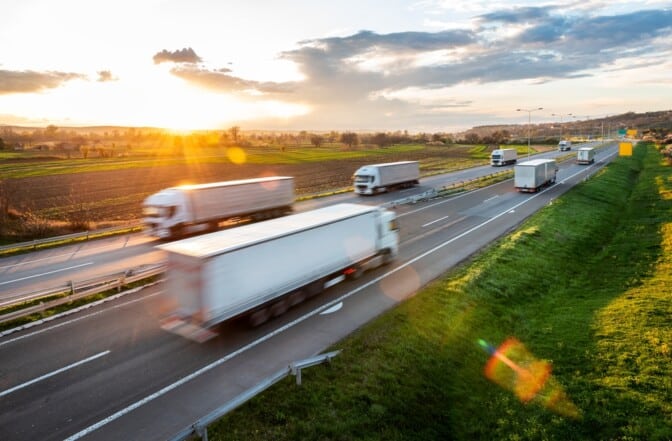The Federal Government has released a roadmap outlining a path to reduced emissions in the transport sector by 2050 and has called on the public to provide feedback.
Released on 22 May, the Transport and Infrastructure Net Zero Consultation Roadmap, identifies opportunities for productivity benefits and innovation through decarbonising transport and transport infrastructure.
The Roadmap process is intended to identify tangible and achievable changes that can help navigate the path to a cleaner future in a way that is economically responsible, creates jobs and eases cost of living.
Transport is currently the third-largest source of greenhouse gas emissions in Australia, amounting to 21 per cent of Australia’s greenhouse gas emissions in 2023. The government has said that if nothing is done, transport emissions are on track to be the largest source of greenhouse gas emissions in Australia by 2030.
The Federal Government is developing a Net Zero 2050 plan, to ensure Australia maximises the benefits of the global transformation to net zero and provide long-term policy certainty to drive investment in low emissions and renewable technologies.
To support the plan, the government is developing six sectoral plans covering electricity and energy, industry, resources, the built environment, agriculture and land, and transport.
The Transport and Infrastructure Net Zero Roadmap and Action Plan will be the net zero sectoral plan for the transport and transport infrastructure sectors.
The Federal Government said that taking action will increase the productivity and resilience of the sector, the infrastructure which it underpins and support job creation from the sector’s net zero transition.
By providing feedback on the Consultation Roadmap, all Australians now have an opportunity to share their views on the potential pathways for transport and transport infrastructure and the actions governments, business and the community can take for those sectors to contribute to net zero by 2050.
This feedback will guide the development of the actions and policies that the government will commit to in the final Transport and Infrastructure Net Zero Roadmap and Action Plan, which is planned to be released in late 2024.
Consultation will close on 26 July 2024.
To view the Transport and Infrastructure Net Zero Consultation Roadmap, and provide feedback, visit www.infrastructure.gov.au/NetZeroHYS.
Federal Minister for Infrastructure, Transport, Regional Development and Local Government, Catherine King, said that the government wishes to engage with industry, the climate movement, experts, unions, the community and with all levels of government to develop this sectoral plan, ensuring it is robust, ambitious and achievable, and accepted by the community.
“We have set out important questions in the Consultation Roadmap and will work with stakeholders on identifying and implementing actions to reduce transport emissions in a way that works for Australia,” Ms King said.
“With this new Consultation Roadmap acting as a guide, we are committed to creating a cleaner future that is economically responsible and socially inclusive, creates jobs, and ensures we have a future made in Australia.”
Federal Minister for Climate Change and Energy, Chris Bowen, said that across the economy, Australia emitted about 465 million tonnes of carbon dioxide equivalent gases in the past year, with the transport sector responsible for about a fifth of those emissions.
“There are exciting opportunities for positive change and innovation that will come with decarbonising our transport and infrastructure sectors,” Mr Bowen said.
“Our recently-passed National Vehicle Emissions Standards will avoid about 80Mt of emissions by 2035, and save billions in fuel costs. I encourage all interested Australians to have their say on the Consultation Roadmap.”

About time this was started. We cannot as a country continue to shift vast amounts of freight on trucks this is not efficient and not good for the environment, road safety and workforce. We have seen many killed on the highways with crashes involving heavy vehicles.